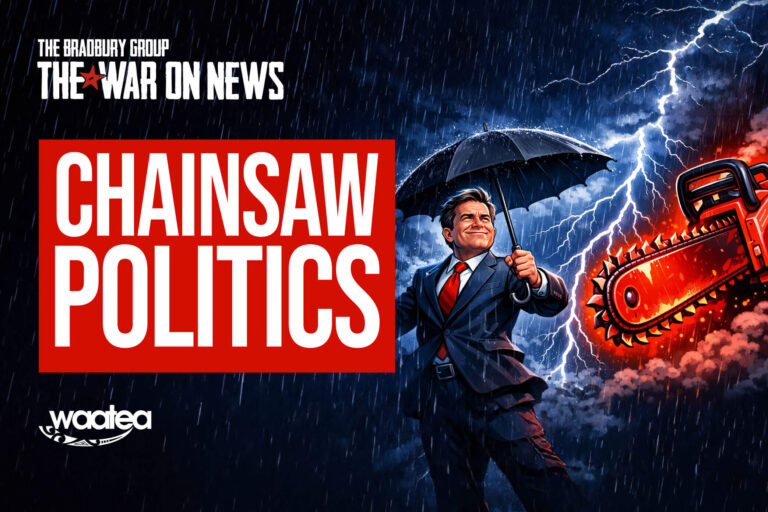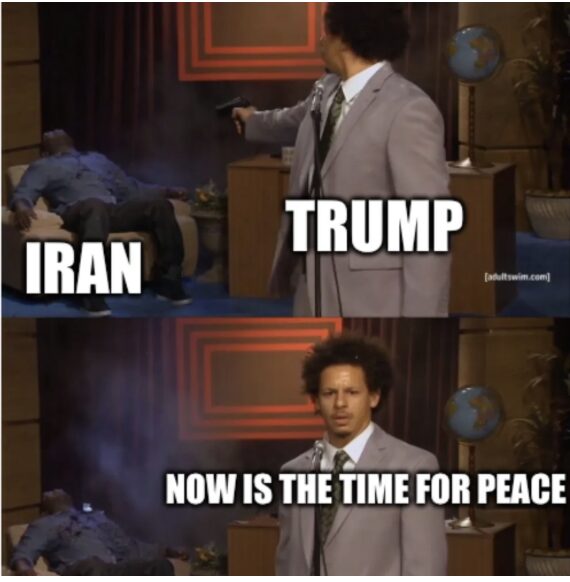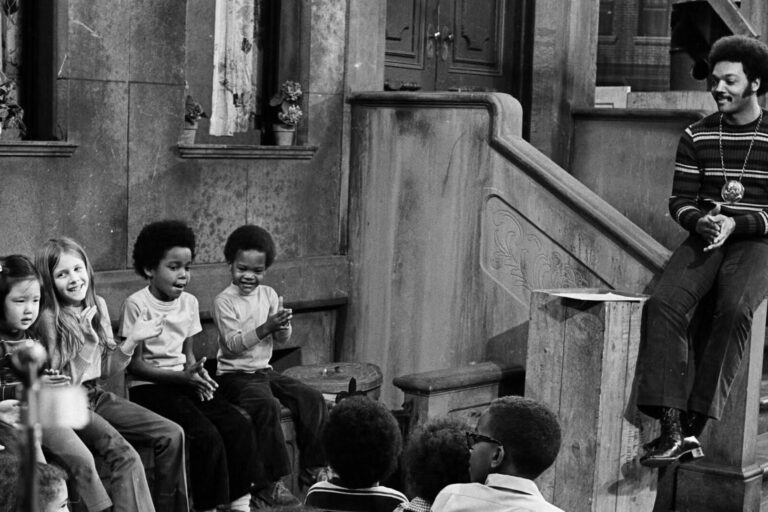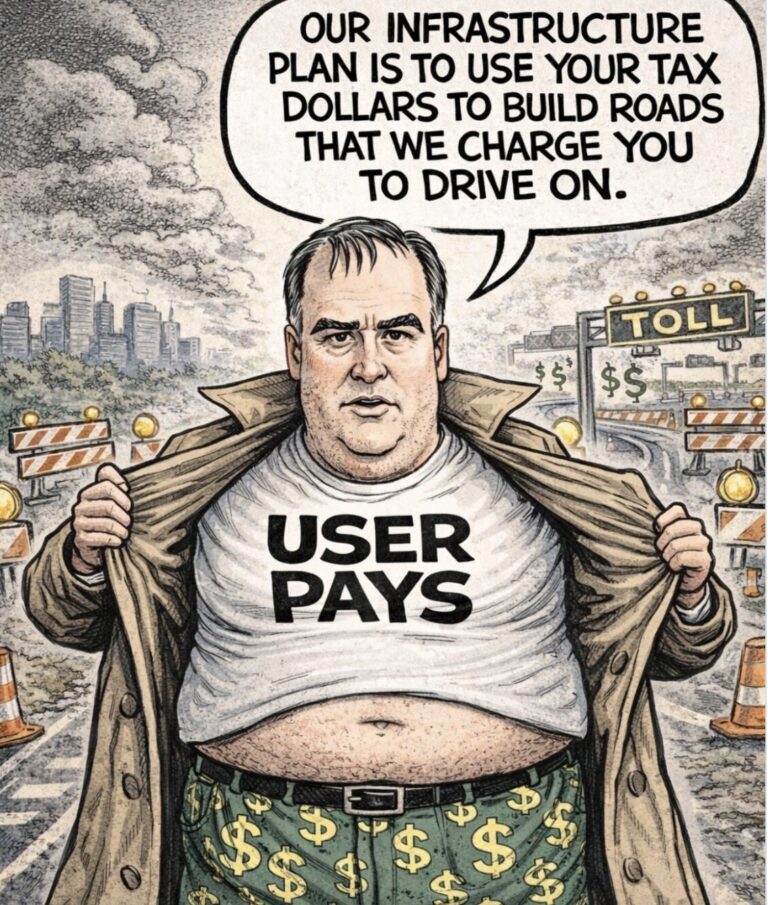A different approach to the wealth crisis
When just 1% of the people of the world have private control of, and benefit from, more than half the world’s wealth then we have a profound wealth crisis which is a threat to human rights and democracy. In fact, it’s an existential crisis for humanity.
The wealth crisis is deepening year by year and, even in the richest countries, the lives of those without wealth has descended into conditions where they are no longer able to take a respected, meaningful role in society. It means those who are still able to drive for change to end this crisis have an ethical and moral responsibility to do the job.
First we must accept that those who enjoy the economic and political influence such wealth provides have no collective appetite to end the crisis.
Second we must also accept that our dominant political parties, which depend on political donations from the wealthy, will never of their own accord be prepared to push political policies which deal effectively with the crisis. Politicians are focused solely on staying in power and for them it means keeping on side with those who benefit from the wealth crisis.
Third we must recognise that politicians and political parties themselves never bring progressive political change. Progressive change comes from politicians being pressured for change by political movements. The current Labour government for example will never lead political change to sort out the wealth crisis. Believing otherwise is delusional. Labour, like National, is an obstacle to change.
Lastly it follows that only a broad, well organised people’s movement will be able to end the wealth crisis. The good news is that people in this country have shown they can build such movements to drive political or social change. We have a rich history which includes, for example, the campaigns to give women the vote; ending our involvement in the Vietnam War; forcing the government to adopt anti-nuclear policy and homosexual law reform; ending rugby contacts with apartheid South Africa; increased political power and representation by women in all areas of life; progress in stopping the theft of Māori land through the Land March and in places like Raglan, Bastion Point and Ihumatao and just this week the DocEdge documentary celebrating the successful OHMS campaign (Organisation to Halt Military Service) which pushed Labour to end conscription for military training in 1972.
Instead of relying on earnest and unsuccessful pleas for politicians to act on the wealth crisis we need a people’s campaign to end the rule of the oligarchs and their political enablers.
There are positive signs that such a broad movement may be developing in the various proposals for a fairer tax system. Let’s get behind these initiatives and begin the struggle to crush the wealth crisis.







I am afraid there will always be poor people unless the cycle of people who live in poverty having children and not taking advantage of the free education that is offered to improve their lot . There are people who cannot work due to physical our mental health. If we could filter out the freeloaders then there would be more to help them inprove their standard of living. Just taxing the rich will not solve the problem if the extra income leads to more living off the state .
As Sun Tzu said: “Do not reinforce failure.”
We hand a large chunk of our taxes to these people, and they give us nothing but trouble in return.
Sun Tzu would look at our economic system, a a failure. Picking out those missing out and calling them drones is not the strategy he would concentrate on.
The Chinese could and can do so many things better than we can. Perhaps we could learn to mould statues like them, faces with personality – not like Roman busts.
Google Sun Tzu for an extraordinary facial image in stone?
And here is more for the Mr Creosotes hoovering facts.
While looking up the above I came across Clausewitz’ notion of total or absolute war. Could that be what
General Eisenhower was warning the USA against?
Total war is essentially a war in which the home front (that is, a state’s political system, society and economy) is mobilised to a massive degree for the continuation and expansion of the war effort—it implies the subordination of politics (internal and external) to the goal of purely military victory (a notion that …
Absolute war – Wikipedia wikipedia.org
https://en.wikipedia.org › wiki › Absolute_war
Trevor the free loaders are a tiny tiny minority, do you know how little people get and what they have to survive on after they have paid rent etc.
“If we could filter out the freeloaders then there would be more to help them inprove their standard of living.”
I get that you want to filter freeloaders, the people who inherit wealth and don’t work, but who is the them?
Here’s the data, the evidence, although I can’t vouch for its authenticity.
People earning wages and salaries in NZ
http://figure.nz/chart/UnE8CtjDJuqPUk9U
Beneficiaries are, in a sense, monitored so that if they are work ready but aren’t willing to work, their benefit is canceled for thirteen weeks and they have to reapply with a detailed plan of how they are going to obtain employment.
Concentration of wealth has been proven to be all but a myth as before the pandemic there’d never been greater wealth redistribution in the western world economies. Now, it is different. However, that is because employers were encouraged to retain staff during the crisis and needed cash in order to be able to do so. We had closed borders world wide.
Going forward there is really not the necessity to unduly tax the wealthy much more than what they currently are taxed. The main aspect would be to close all the tax loopholes which sees the rich legally avoiding paying their fair share of tax. Then over time I would imagine a rise in the top rate of Company Tax might be feasible; perhaps also an additional tax such as an Asset Tax or a Comprehensive Inheritance Tax; there’s also other taxes that could be contemplated such as a Mansion Tax, a Financial Transactions Tax, or a tax designed to target complex legal entities such as trusts and business subsidiaries.
Any attempt to tax the wealthy more in this country will just see them move elsewhere. The cognoscenti is already planning their exit should Labour be reelected. Not just the (relatively) wealthy but workers in their prime from professionals to tradies. We will be poorer without them.
1% controlling and benefiting from more than half the world’s wealth does indeed represent an existential crisis for humanity. I agree. But equally, its the 10%, the extremely well-healed who also benefit. The professional managerial class if you like. Arguably they have earned their relative wealth – a good many opportunistic crooks but also a good many smart and savvy individuals who have stepped up to become the engineers, surgeons and the like. And, arguably 50% of folk are doing ok, thank you very much, employed although not necessarily happy in their work, on the property ladder perhaps depending where they live, most certainly some discretionary income (although with current interest rates for some that’s getting considerably less). Globally of course this is not the case. Inequity and poverty are not the same in every part of the globe: what do they say, so many people living on less than $10 a day, or less, and a good many simply starving with no roof over their head. That’s the real existential crisis for humanity! Much of it we don’t see, or somehow it simply doesn’t register. That reality is not our own.
But closer to home, growing disparity in wealth surely causes our own issues, equally, an existential crisis. Housing getting too expensive for an increasing number of younger folk, even though they are earning, heating and food becoming unaffordable for those already stretched or on fixed incomes. But I would argue that 50% are doing ok. Perhaps more. Depends on where you live I think. The bigger picture might well be a growing existential crisis but the 50% of modest means don’t live in that reality.
So, John, while I agree completely that for those who enjoy the economic and political influence obscene wealth provides have no collective appetite to end the crisis, I would broaden the proposition to include the difficulty of getting even those of modest means on board with equitable change, let alone the well-healed 10%. Where’s the appetite for these folk? Yep, some will have an active social conscience, of sort, and a good many will pay lip service to transformational change, but short of social revolution personally I can’t see much happening in this space any time soon. And you’re right, history shows it comes from the bottom up. In 50 to 100 years it may well happen – exacerbated by any number of additional existential crises.
A breakdown of links with the international labour movement seems to have been the major factor in the total collapse of the local left-wing organisations.
Working-class demoralisation would be expected after such heavy defeats (and repression), but that doesn’t explain why the big socialist organisations would disappear entirely — and why local workers weren’t being sent to cut their political teeth in Paris, London, Berlin, etc.
It also doesn’t help that the most motivated simply leave the country.
Well there is some truth in that, but a class analysis of New Zealand gives a guide. This is a settler nation formed on a colonial takeover, land grabs, Red coat armed force and subordination of the indigenous population. There has always been a large petit bourgeoisie and “man alone” self employed reality and attitude. Unionism was at 50% before the Natzos union busting 1991 Employment Contracts Act reduced it to barely 20% today including the public sector.
Class collaborationist leaderships like the NZCTU and American AFLCIO queer the pitch also. New generations of unionists are arising such as at Amazon (just) and Starbucks, young worker led movements not entrenched time servers.
40 years of Neo liberalism across the OECD countries has seen indeed “the atomisation of the working class”, precarious work, contracting out and the primacy of individualism over collectivism. In the “old days” internationalism was definitely a thing. Thousands of NZ workers over the years travelled the globe for working class solidarity purposes–to China, USSR, Eastern Europe, Cuba, Nicaragua, Europe, UK, and even USA…but they did.
It is down to the new gens and their allies now.
Capitalism around the world. Western business found it easier to offshore jobs for low wages and no conditions or get migrants into western countries for much lower wages.
We now have the capitalists that benefited from that divide in labour in countries like India and China who are now wealthier in many ways and can buy up citizenships, assets and real estate around the world.
Not sure that capitalism is about identity which was the straw man on migration that the lefties fell for.
More regulation of international taxes and wages need to be balanced because if you can pay someone 50c an hour with no working conditions and no welfare system, then it doesn’t make sense to pay $22 p/h and have working conditions and then have everything free like health care and super – that the offspring of those wealthy migrants can also receive very easily by buying a student, entrepreneur or working visas.
All that happens is that services become overloaded and a case bought to make them user pays. NZ is full of high wealth but no/low income people who then can assess NZ welfare while living in million dollar mansions and driving high end cars. This is a huge failure of our welfare system with few able to defend it against the woke, ravenous rampage to give NZ welfare away, as fast as possible.
This make people who are supposed to be wealthy (but tend to just be in jobs like being a doctor) in the firing line for more taxes, so more and more professionals are discouraged from working in NZ in so called high paid careers. It is better to be a drop out, influencer or just work the system while living the high life.
Taxes should be about promoting minimum standards aka 15% of corporate taxes at the minimum of revenue and no ‘IP’ costs being used to make a laughable tax take in countries that still have free welfare and services (but not for much longer with amount of people who seem to be able to freely partake in it without being born in the country, living in the country or paying proper taxes in the country).
It is laughable that the lefties are still worried about top income taxes when the biggest corporates and richest companies in the world are paying 10% if that.
While your comments are good I remember reading Animal Farm about 50 years ago in school & the line “some pigs are more equal than others”. I agree that we need a better government that represents all the citizens. However, unless you can change people’s hearts, the same problems will emerge since most of those seeking public office have private ambitions along with whatever public service motives they claim.
Personally John I have no issue with wealthy people.
But I agree they should be mandated to give back to the community with profits somehow if they do not already.
As a business owner I have a policy of 20% of profit must go back to the community which is done by wholesale to NPA’s.
While it is good to see your own generosity. Do you seriously think that some people should have ‘vast’ amounts of money and some have not enough to live on.
Vast – what is vast? Just want to be sure we are talking the same quantities.
Some absolutely work their proverbial off and deserve every cent – I have no right to remove a cent off their work ethics.
Many fail by choice to be fair on the haves and have nots.
However, many may not have choice – hence why I like ‘community’ more than govt.
Mandate 20% of all business’s to give back directly to their community – I think them being directly involved is better than Govt taxing all in between. Even rebate the GST on it?
I don’t have many answers but I won’t judge all by one brush.